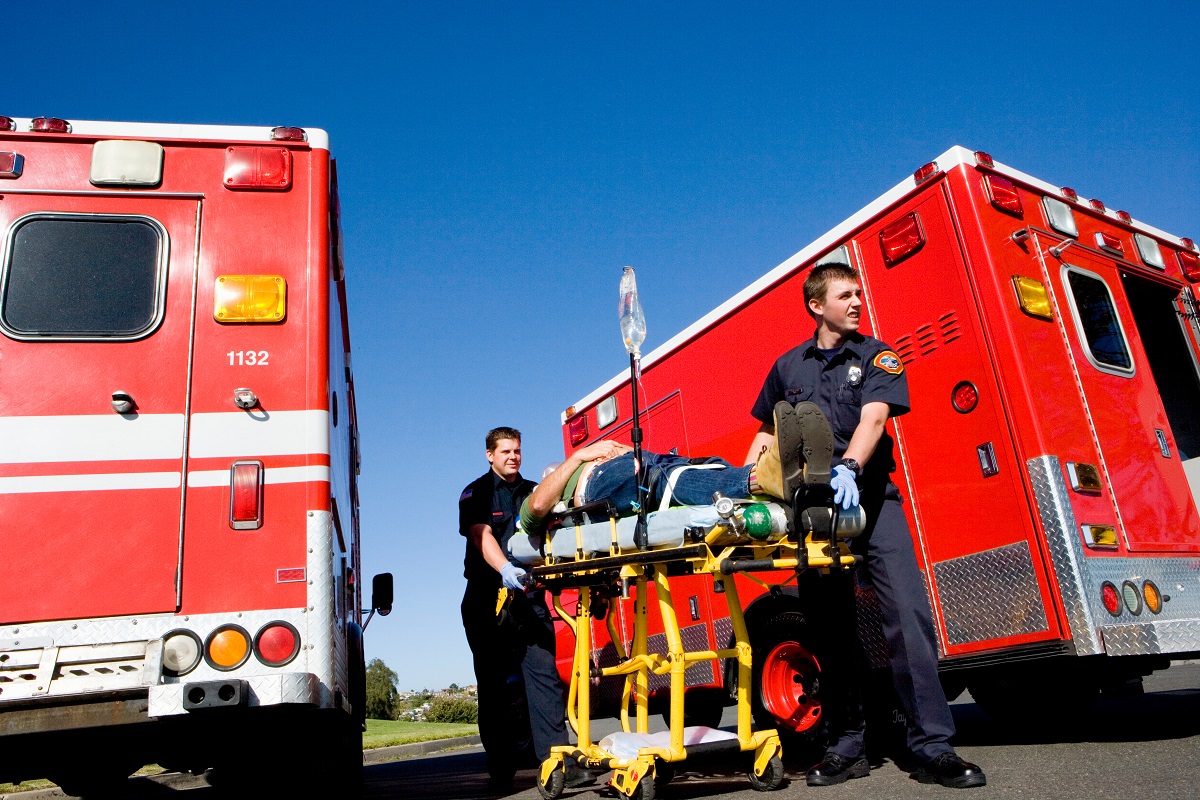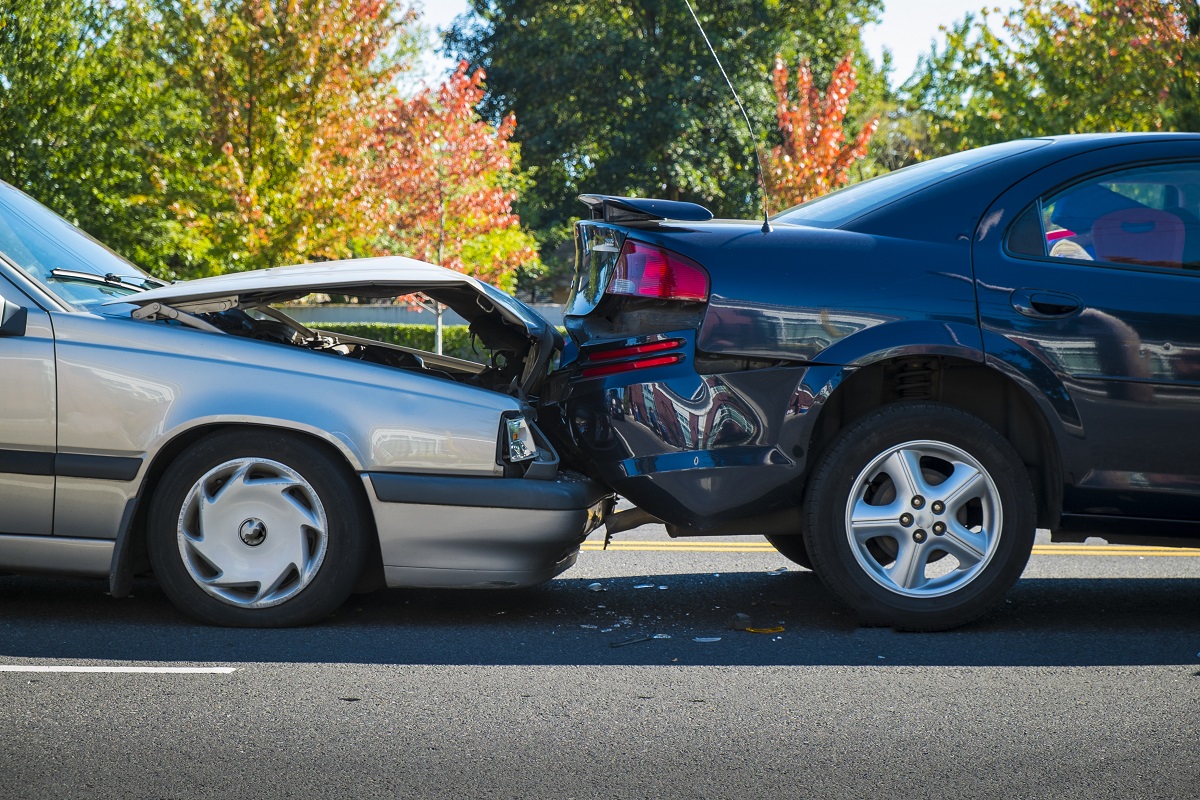- Car accidents can cause physical, emotional, and financial tribulation, necessitating immediate medical attention.
- Documenting the incident and collecting evidence helps protect your legal rights and strengthens your case.
- Legal representation aids in navigating the complexities of accident analysis and securing due compensation.
- Following the recommended steps post-accident helps mitigate trauma and facilitates recovery.
Car accidents can drastically disrupt a person’s life, leading to physical injuries, emotional trauma, and financial burdens. According to the National Highway Traffic Safety Administration (NHTSA), there were an estimated 6.76 million police-reported crashes in the United States. These accidents resulted in about 2.74 million people suffering injuries.
The aftermath often includes physical pain and emotional distress, with American Psychological Association (APA) suggesting that motor vehicle accidents are the leading cause of post-traumatic stress disorder (PTSD) among the general population. Besides, there’s the financial blow caused by medical bills, car repairs, and potential lawsuits. As per the CDC, crash deaths resulted in $44 billion in medical and work loss costs and the emotional burden on the victims’ families. These figures underscore the profound toll a car accident can take on an individual’s life.
If you get involved in a car accident, you must take specific steps to protect yourself and your interests. Here are a few steps to consider:
Seek Medical Attention

Seeking medical attention promptly after a car accident is paramount, even if you think you haven’t sustained any injury. Some injuries, such as whiplash, traumatic brain, or internal injuries, may not manifest symptoms immediately. Moreover, a professional medical evaluation provides official documentation of your injuries, which can be critical when filing an insurance claim or a lawsuit.
Watch out for Head Injuries
Head injuries are common in car accidents, ranging from minor concussions to severe traumatic brain injuries. Symptoms to be vigilant about include persistent headaches, confusion, dizziness, and changes in personality or behavior.
Be Aware of Neck and Back Injuries
Whiplash is a common neck injury that often goes unnoticed immediately after an accident. Similarly, back injuries, such as herniated discs or spinal cord damage, can cause significant pain and mobility issues. Tingling sensations, stiffness, and numbness are symptoms to watch out for.
Monitor for Internal Injuries
Internal injuries often don’t show immediate symptoms but can be life-threatening. Damage to organs, internal bleeding, or broken ribs can result from the impact of a car accident. Watch for signs such as abdominal pain, deep purple bruising, dizziness, and fainting.
Look for Psychological Trauma
Physical injuries are not the only concern following a car accident. Psychological trauma, including post-traumatic stress disorder (PTSD), anxiety, and depression, can also occur. Be alert for signs of emotional distress like frequent nightmares, irritability, or constant replaying of the accident in your mind.
Document the Event

A car crash also has a lot of financial implications. Aside from the massive medical bill you must pay, you might be entitled to monetary compensation from the other party involved. To ensure that your rights are protected, it’s essential to document as much evidence as possible. If feasible, take pictures of the accident scene, and exchange contact information with all parties involved. Obtain a copy of the police report and collect witness statements for potential testimony in court.
It’s important to document as much evidence as possible to ensure your rights are protected, and you have a stronger case. Additionally, seek legal advice from a qualified attorney to determine your situation’s best action. Your insurance company can also provide some guidance regarding the claims process.
Take Legal Action
In many car accidents, determining fault is not always straightforward. It often involves delving into intricate details of traffic laws and reconstructing the incident’s timeline. The National Highway Traffic Safety Administration (NHTSA) reports that driver error is the primary cause of 94% of crashes. However, other factors such as vehicle malfunction, poor road conditions, or even pedestrian behavior might contribute to an accident.
Given the complexities of accident analysis, seeking legal counsel from a seasoned car accident attorney becomes highly advantageous. An attorney brings expertise in understanding the nuances of the law and the experience of dealing with similar cases. They can conduct an independent investigation, gather compelling evidence, negotiate with insurance companies, and represent you in court if necessary.
Without an attorney, you risk losing out on the compensation you deserve. Insurance companies often deploy tactics to limit their payout, and you may find yourself contending with their legal teams’ experience and resources. Remember, insurance companies are businesses looking to protect their bottom line.
On the other hand, a skilled attorney works in your best interest, aiming to secure maximum compensation for your medical bills, lost wages, car repairs, and pain and suffering. Engaging the services of a lawyer not only levels the playing field but also allows you to focus on recovery while they handle the legal complexities. You can get a reliable lawyer from Sloan Law. The law firm specializes in car accident cases and has an excellent track record of success. Contact them today to review your case.
Final Thoughts
Car accidents can have a significant financial and emotional impact on victims. Taking the necessary steps to protect yourself and your interests in such a traumatic event, including seeking medical help, documenting evidence, and consulting with an experienced attorney, is essential. Following the steps outlined above can help you to move on with your life and get the compensation you deserve.

